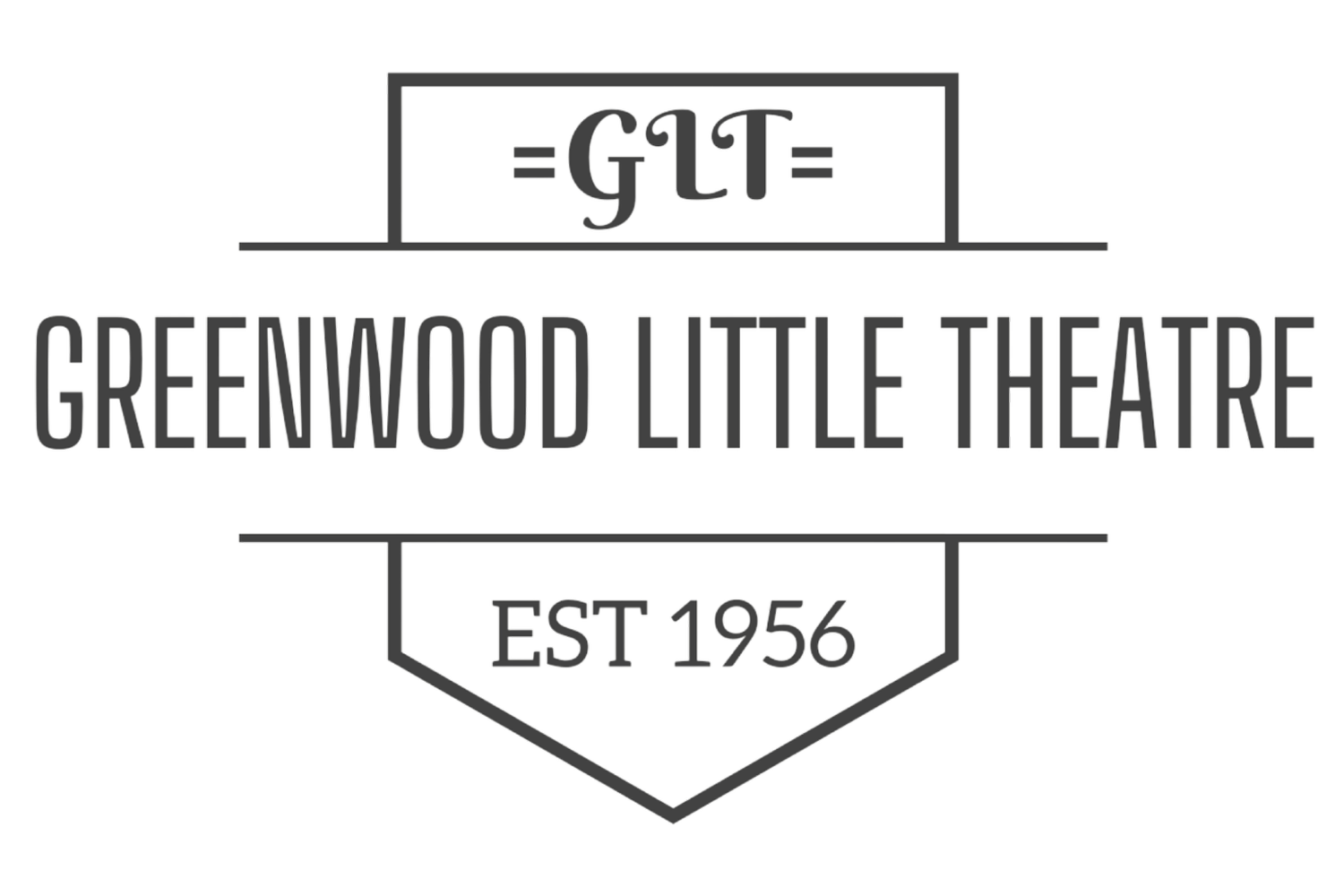'Steel Magnolias': Play Offers A Mix Of Laughs, Emotion
The lively, inviting sounds of accordions have been filling the air during the evenings lately at Davis Elementary School Auditorium.
The accordions play zydeco tunes that bookend Greenwood Little Theatre’s production of “Steel Magnolias,” which had a preview performance Monday. Opening night will be Thursday.
The traditional Cajun-Creole music brings the audience into Truvy’s beauty shop in the fictional Chinquapin Parish, Louisiana, and provides thematic undertones for the duration of the play.
The music is provided by director Taylor Buchanan’s personal sound equipment, says assistant director J.T. Hurst.
He is excited about the more “professional” sound Buchanan’s equipment brings, which helps set the tone for each scene and draws the audience more into the story.
The actors carry the rest of that responsibility, and the six women deliver.
“Laughter through tears is my favorite emotion,” Connie Black says in character as Truvy Jones. Though her comment comes toward the end of the play, it aptly summarizes the experience of “Steel Magnolias.”
Each actor has her moments of gravitas and humor. Lines explaining the tragedy of Ruth Robeline, from whom Annelle (played by Victoria Reed) rents her place, include, “When it comes to suffering, she’s right up there with Elizabeth Taylor.”
This line, which Black delivers, addresses a different dimension of “Ms. Robeline,” forcing the attentive play-goer to stop just a second and consider how she came to be so “disturbed.”
The line also prepares the audience to see the multiple dimensions of seemingly straightforward characters, such as M’Lynn Eatenton, who is portrayed by Bethany Tarpley.
Throughout the play, Tarpley shows the audience a mother who is concerned for her daughter’s well being perhaps more than her happiness — and tends to come across as overbearing. Viewers may not feel much sympathy toward her.
But then, in the last scene, Tarpley delivers a heart-wrenching performance, convincing the audience that all of her prior words come from a place of love rather than just a desire to control her daughter.
Her character development is mirrored in Victoria Reed’s performance as Annelle.
Reed begins the show as a jittery and unsure young woman and then gradually shifts her performance into a woman who fits in with the other women of the shop, offering care and advice as a mother would.
Themes of motherhood pervade the other performances as well. Black’s character drops comments narrating the change in her life.
“Poot doesn’t want me to call him Poot anymore,” she says about her son. “He’s growing up.”
Julie Day Warren’s portrayal of Shelby Eatenton and her desire for and then struggle with motherhood focuses the experience of the other women.
Through costume changes and shifts in tone, Warren performs convincingly, first offering hope for motherhood and then advice, both to her own mother and the other characters in the show.
Cyndi Long’s portrayal of Ouiser Boudreaux provides a comical foil to the heavy parts of the production, literally bringing the laughter through the tears of scenes.
She offers comfort and comedy to the ladies of the neighborhood, but her character also illustrates the plight of an older Southern woman trying to find a role within a family again.
Jamie Lee’s Clairee Belcher complements the ensemble cast. Her snazzy performance adds humor and a down-to- earth contribution of a woman obsessed with football, only trumped by her love for the women who come to the beauty shop with her every Saturday morning.
Taylor Buchanan says that, as a director, he wants this show to uphold the standards set by both Celia Emmerich, who directed the GLT production in 1991, and Theo White, director of the 2004 production.
If those standards included quality, humor, and gravity, Buchanan’s show has achieved its goal.
- Contact Katherine Parker at 662-581-7239 or kparker@gwcommonwealth.com.
